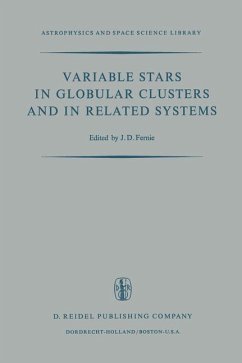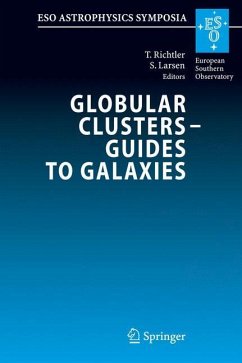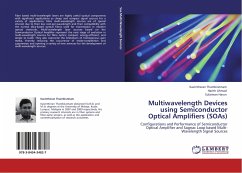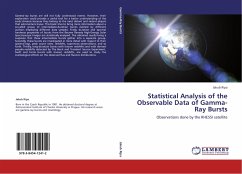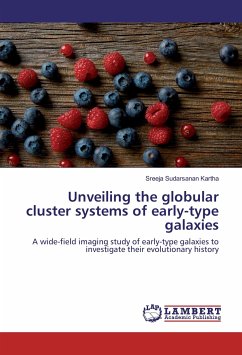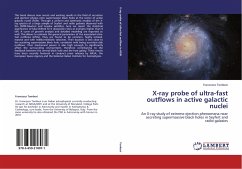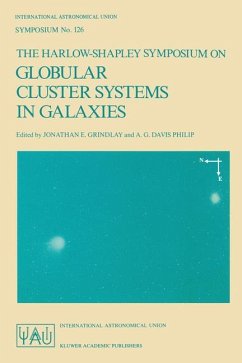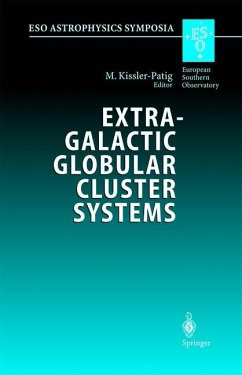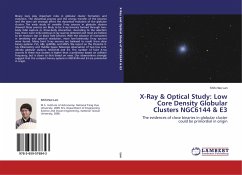
X-Ray & Optical Study: Low Core Density Globular Clusters NGC6144 & E3
The evidences of close binaries in globular cluster could be primordial in origin
Versandkostenfrei!
Versandfertig in 6-10 Tagen
20,99 €
inkl. MwSt.

PAYBACK Punkte
10 °P sammeln!
Binary stars play important roles in globular cluster formation and evolution. The dynamical process and the energy transfer of the binaries and the stars can strongly affect the dynamical evolution of the globular cluster. The early study of variable X-ray sources in globular clusters showed these sources are likely to be X-ray binaries formed through two-body tidal capture or three-body interaction. According to the selection bias, there were only luminous X-ray sources detected and most are believe to be neutron star or black hole binaries. With the advance of instrument in sensitivity and ...
Binary stars play important roles in globular cluster formation and evolution. The dynamical process and the energy transfer of the binaries and the stars can strongly affect the dynamical evolution of the globular cluster. The early study of variable X-ray sources in globular clusters showed these sources are likely to be X-ray binaries formed through two-body tidal capture or three-body interaction. According to the selection bias, there were only luminous X-ray sources detected and most are believe to be neutron star or black hole binaries. With the advance of instrument in sensitivity and spectral resolution, more low-luminosity X-ray sources were found. Many faint X-ray sources are believed to result from close binary systems: CVs, ABs, qLMXBs, and MSPs. We report on the Chandra X-ray Observatory and Hubble Space Telescope observation of two low core density globular clusters, NGC6144 and E3. The number of faint X-ray sources in these two clusters is higher than a predictionbased on collision frequency, but is closer to that based on mass. Our observations strongly suggest that the compact binary systems in NGC6144 and E3 are primordial in origin.



